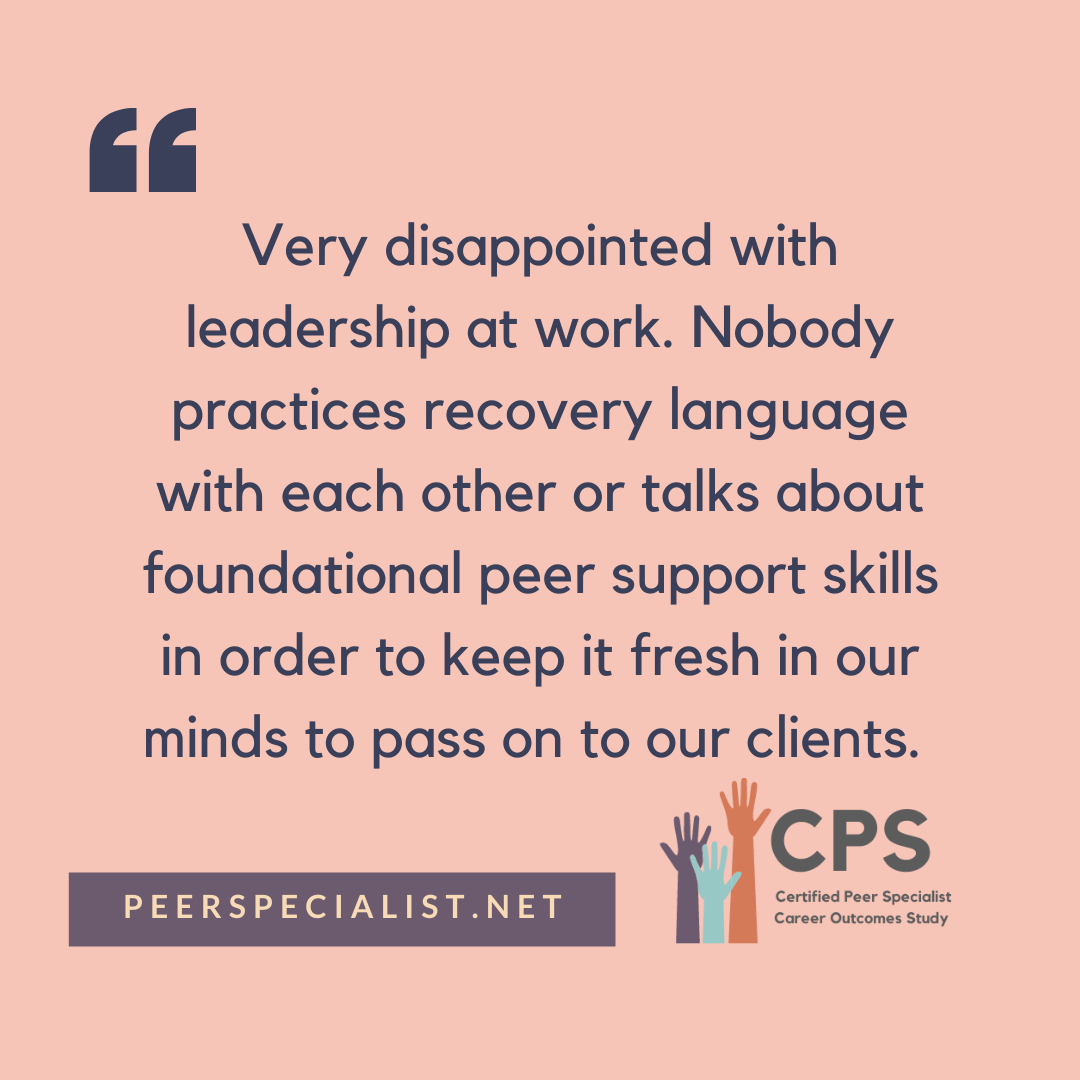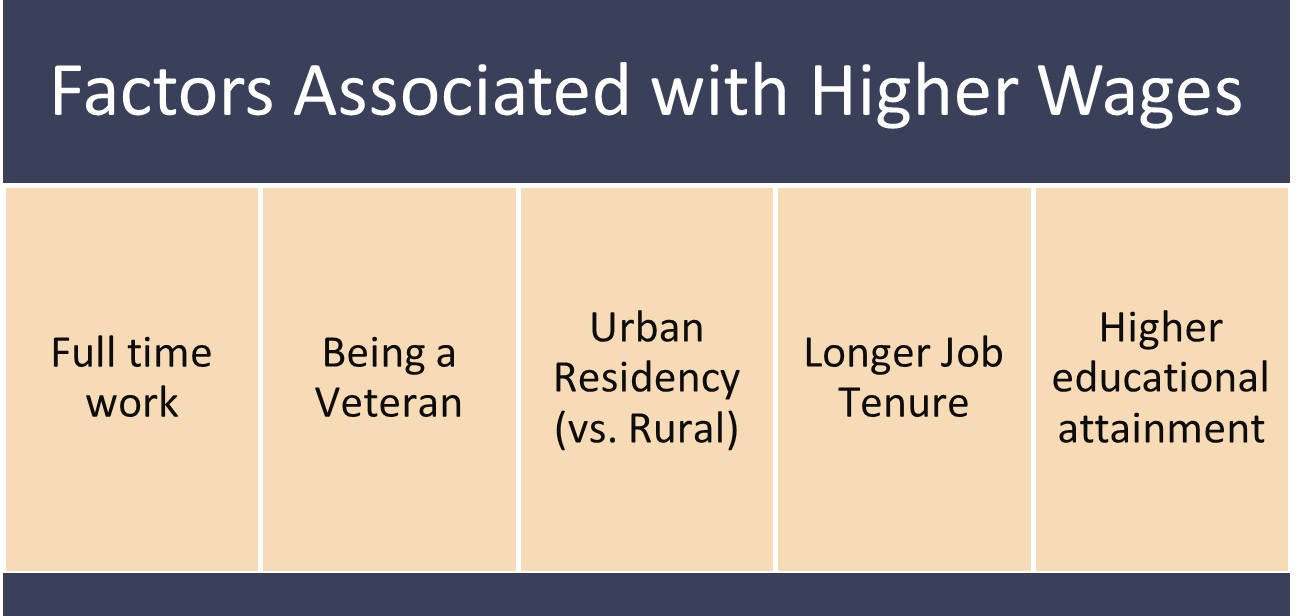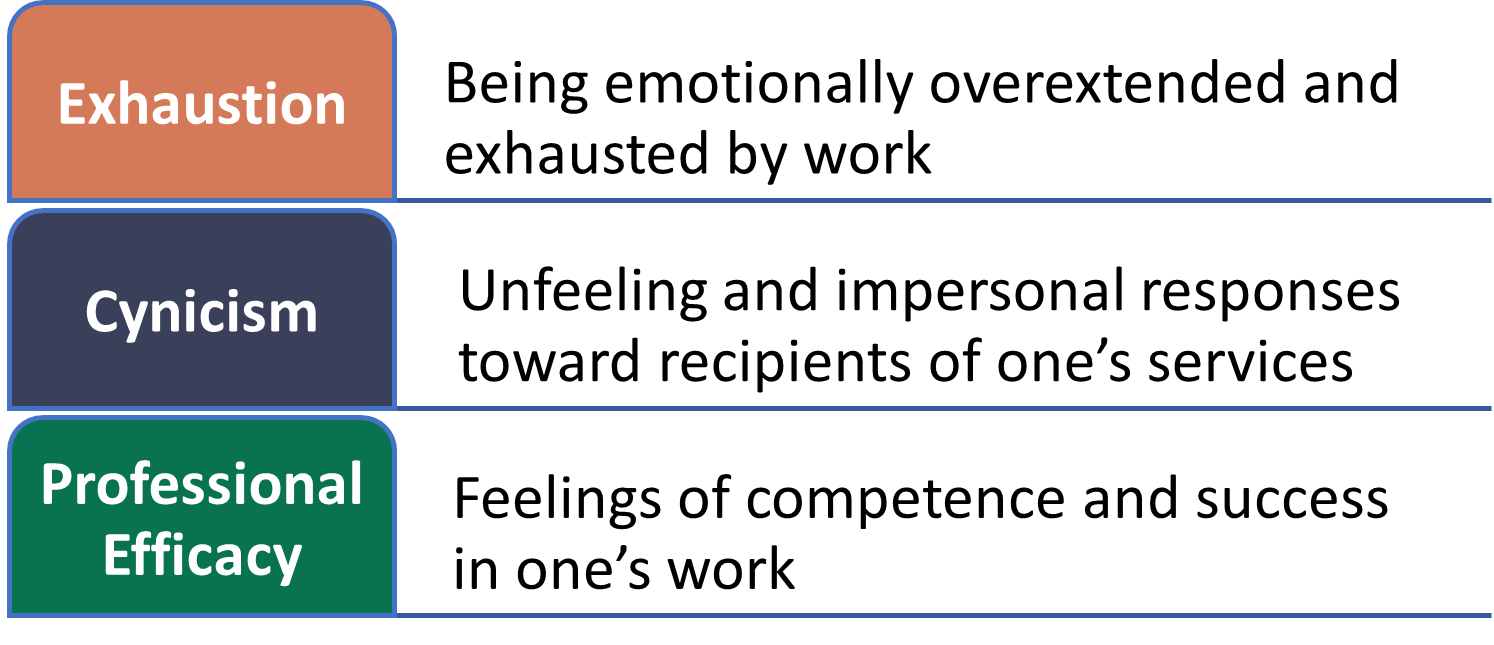Welcome!
What’s new? The three-year Certified Peer Specialist Career Outcomes Study wrapped up at the end of summer 2022. Thanks to everyone who participated and stuck with us over the course of the entire study!
We are now working on analyzing all the data we’ve collected, including looking at change over time. Currently you can read our findings on employment outcomes, wages and financial well-being, and predictors of burnout. These findings are based on data from the first survey that took place in 2020. We have published three research articles and have more on the way! We will make updates to the website as we discover new findings.
Laysha Ostrow, Principal Investigator, and Morgan Pelot, Study Lead and Research Program Manager, share findings of the CPS Career Outcomes Study for a webinar hosted by the National Association of Peer Supporters.
What makes this study unique?
This research study stays connected over several years with certified peer specialists to see what and how things may change after certification. It is unique in that we included people who completed a CPS credential but are working in other industries and jobs. Previous studies have focused exclusively on CPS who provide peer support services.
Our CPS Career Outcomes Study includes participants from four states
The reported age range of participants was between 21 and 83 years, 46.7 being the average age.
9% Identified as Latinx.
Who’s in the study?
Our study results represent diverse experiences of certification and work. The sample includes peer specialist not working for pay, and recent CPS grads who are critical of certification or have had negative experiences of work. Research studies should include people who are representative of the diversity of the group so the results can help everyone.
Employment after certification
Our first publication for this project focused on introducing the project and its importance. We also wanted to explore any personal or geographic differences between participants who were employed versus those who were unemployed, and those working in peer support jobs versus non-peer support jobs.
Trends in employment
Peer support jobs had some perks, compared to other positions participants in this study held: longer times working for current employer (higher job tenure), being offered employee benefits, and higher job satisfaction.
Job satisfaction was significantly higher in peer services jobs than in other jobs.
“I just love what I do as a CPS. My life has purpose and I can be there for someone else.”
“It’s helped me in my job search and helped me feel like I have more of a future, having not attended any higher education.”
Read more:
If you’d like to read more, take a look at our research article, Employment Outcomes After Certification as a Behavioral Health Peer Specialist in Four U.S. States, that shares data from our first survey in 2020 by clicking here to access the article. If you need help accessing the full-text of the article, please send an email to contact@livelearninc.net.
What about wages?
We looked at wages for peer support jobs compared to other jobs. While it is important to know what these positions pay, we looked deeper into issues around pay by using a measure of financial well-being – whether someone feels secure about their financial future and can meet their financial needs.
As in previous studies of peer specialists wages, we found jobs in peer support to be relatively low paying. On average, peer support work paid even less than the lowest earning occupation in the category of Social and Human Service Assistants.
Compared to the general workforce, peer support workers are more likely to work part-time. There were several factors associated with higher wages in peer support as show in the chart below.
“The magic figure of $15.00 per hour being a living wage is only true if that’s a net income. And then it’s a struggle. But there are rewards beyond income in this field”
The median financial well-being score of 52 in all jobs for CPS is below median score of 54 found in a nationally representative sample of all Americans. This financial well-being score indicates a “moderate likelihood” of struggling to make ends meet.
Peer support jobs were not more likely to pay higher wages than non-peer support jobs, or provide greater financial well-being — despite participants with these jobs reporting higher job satisfaction.
Read more:
If you’d like to read more, take a look at our research article, Multi-state survey of wages and financial well-being of mental health peer specialists by clicking here to access the article. If you need help accessing the full-text of the article, please send an email to contact@livelearninc.net.
Let’s talk about burnout
What is burnout? Burnout is defined as chronic workplace stress that cause exhaustion, cynicism or reduced professional efficacy (World Health Organization). The Maslach Burnout Inventory used in this study defines burnout as a crisis in one’s relationship with work comprised of three domains.
Despite their essential role in the mental healthcare system, and research on their working conditions, experiences of burnout have not been widely studied among Certified Peer Specialists.
We found relatively low levels of burnout (low exhaustion and cynicism and higher professional efficacy). Those employed in peer support had fewer signs of burnout than those in other occupations. It’s important to remember that the data we’re reporting on here are the first survey in 2020, when many of the participants were newly certified, and we might find that these patterns change the longer the participants are in the workforce.
Predictors of Burnout
Better workload and fairness in the workplace were associated with significantly lower exhaustion
More rewards and a sense of community were both associated with significantly lower cynicism
A workplace that fostered a greater sense of community was associated with lower exhaustion
Greater rewards, sense of community, and fairness were associated with lower cynicism
A workplace with values that align with the peer support worker led to higher professional efficacy.
Read more:
If you’d like to read more, take a look at our research article, Predictors of worklife burnout among mental health certified peer specialists, that shares data from our first survey in 2020 by clicking here to access the article. If you need help accessing the full-text of the article, please send an email to contact@livelearninc.net.
Other findings
“My job is critical for so many and I am thankful that I am here to help others.”
“I love my job and I am honored to be a CPS.”























































